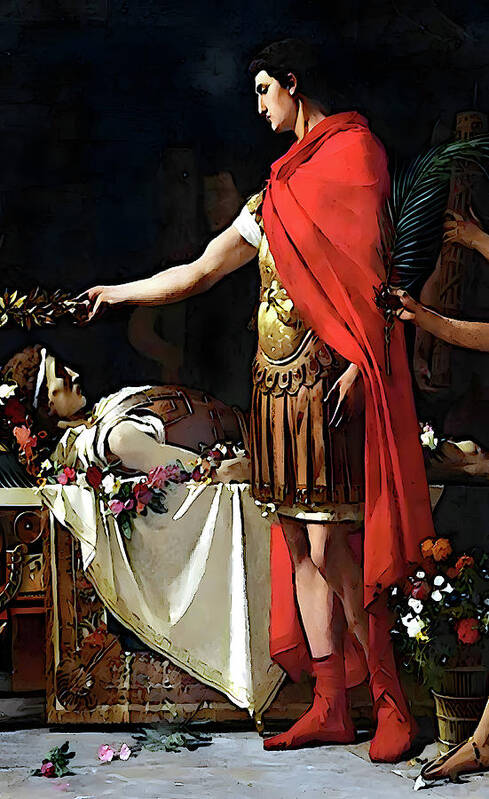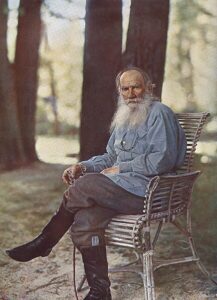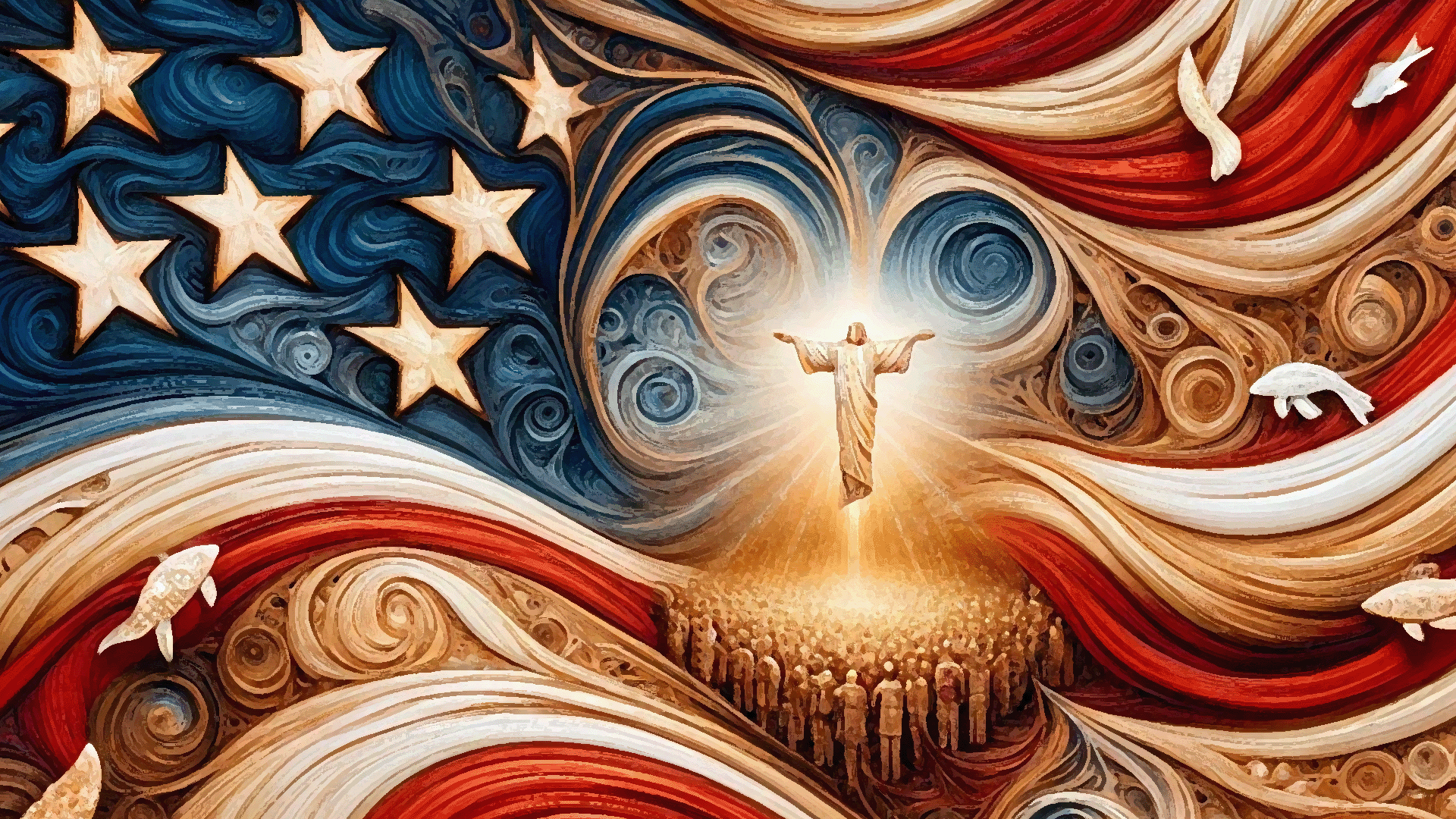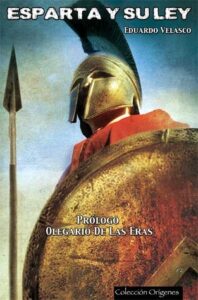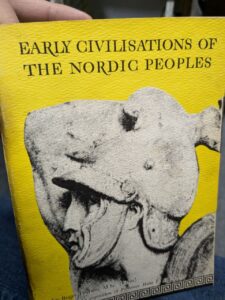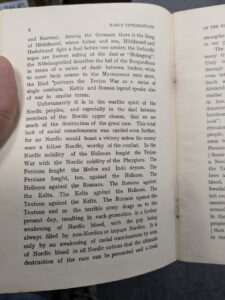responses on The Unz Review
Eagle Eye: “Even back then, scientific authors were required to recite these politically-correct shibboleths to be allowed to publish at all.”
I wouldn’t say so. Phillipe Rushton and Arthur Jensen were able to publish their heretical ideas on the hereditary nature of racial differences in intelligence “back then”, along with other racial characteristics. In fact, plenty of others, too, were questioning the standard line: Hans Eysenck, Chris Brand, William Shockley, James Watson, Richard Lynn, Herrnstein & Murray (in 1994’s The Bell Curve), etc.
The biggest stumbling block was that in our Christianity-derived culture, all “souls” are supposed to have been created equal, and rightly or wrongly, most people appear to think a “soul” has something to do with mental abilities. To proclaim otherwise is looked at as a kind of blasphemy, so people are reluctant to agree, and they self-censor any doubts. I think it likely that Cavalli-Sforza actually believes what he’s saying in the quote above, although I don’t myself believe it.
Spencer J. Quinn: “In the past 15 years, geneticists have been struggling with the idea of early human ‘introgression’ with archaic hominid populations. Through introgression, members of two disparate populations mate and produce hybrid individuals, which then mate with members of either parent population.”
“Disparate populations”? LOL That palaver is a kind of cleaned-up way to put it. What it really means is that two different SPECIES crossed and produced a fertile hybrid, which of course boggles the mind of every good American, who has been told for years that the proof that niggers are the same species as whites is that a nigger/white cross can produce fertile offspring. But it’s been known for a long time that animals as taxonomically separated as sheep and goats (not even in the same genus, let alone same species) can interbreed and produce fertile offspring. Oxford biologist John Baker, in his book Race, says:
These and many similar experiments were performed by others, but Buffon himself supervised experiments on the crossing of sheep with he-goats. The fact that this intergeneric cross is sometimes successful, and that the hybrids are not infertile, appears to be established. It was accepted as true by Broca, who mentions that the French have a special name, chabin, for the hybrid. Several examples of the successful outcome of this cross are quoted by Alfred Russel Wallace in his famous work Darwinism. The information he quotes suggests that the hybridity is paragenesic. The cross appears to be what Broca called ‘unilateral’, since there is evidence that the ram does not produce progeny with the she-goat.
– John Baker, Race, p. 94
America’s (and the West’s) culture of equality demands, however, that niggers be ranked as the same species as whites, even at the cost of the falsification of reality and the betrayal of scientific truth. This new information about nigger genetics, which underscores how different they really are from whites, may someday help reality break through the complex network of lies that has been constructed to obscure it, but in all frankness, I wouldn’t expect that to happen for many years, if ever. America and the entire West have bet so heavily on racial equality that both would rather immolate themselves on its pyre than admit that the whole thing has always been a lie — a lie inspired and kept in force by the most grievous Christian ignorance and misconceptions about the nature of the world.
Gregory Hood: “American Empire must serve white interests, because the core American identity is white identity. … White identity remains forbidden in public life while non-white identity is celebrated. ”
Huh?
White identity is the “core” American identity, but it’s somehow “forbidden” in public life? LOL What kind of “core” identity is that?! And how can American Empire serve it, if it’s forbidden?
The truth is, the average white American doesn’t identify as white at all, and that’s why white nationalism never gets anywhere. If forced to, a white American might reluctantly check that box on a form, but he’s not proud of it. His culture has taught him that thinking of his race as being important would be racist! Unpatriotic! Hitlerian! Anti-Christian! Almost blasphemy!
Until that changes, the downward spiral will only continue.
Rich: “The Whites I know are proud of their heritage and are angered by the anti-White, anti-Christian actions and rhetoric of leftist Americans. They vote White, they seek out White neighbors and associates. They are the largest segment of American society by numbers. It’s why republicans win elections.”
If the average white man were proud of his race, then “racist” wouldn’t be the toxic label it is. By their reaction, you can tell that whites think that that is about the worst thing you can call them. LOL Even Jeffrey Dahmer took pains to let folks know he wasn’t a racist. A serial killer, a cannibal, and a homosexual, sure, but NOT a racist!
Christianity, with its emphasis on the idea that it’s the “soul” and not the body that’s the thing that’s really important about a man, is responsible for a lot of this. Race is a property of the body, not the “soul”. A typical white Christian would rather his daughter marry a nigger who’s a Christian than a white man who’s not. It’s hard to see how that’s a sign of racial pride.
As for voting Republican, Trump explicitly condemns racism, and especially white racism, as he carefully said after the Charlottesville fiasco. He’s not a racist who values the white race above all others. He favors a race-blind meritocracy. Anyone who voted for Trump expecting him to make America white again is going to be sorely disappointed.
John Johnson: “I don’t think that is an accurate term as liberal religious beliefs are not derived from Christianity nor do they require belief in Christ or God.”
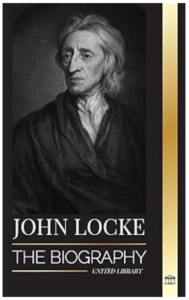 Not derived from Christianity? That’s just historically inaccurate. John Locke, often called the father of liberalism, was a Christian theologian who based his arguments about human rights on his reading of the Bible. The case for these so-called human rights is a cultural legacy of Christianity, and only Christianity. Liberals didn’t invent human rights ex nihilo.
Not derived from Christianity? That’s just historically inaccurate. John Locke, often called the father of liberalism, was a Christian theologian who based his arguments about human rights on his reading of the Bible. The case for these so-called human rights is a cultural legacy of Christianity, and only Christianity. Liberals didn’t invent human rights ex nihilo.
John Johnson: “The most closely held liberal religious belief is related to evolution and not Abrahamic religion.”
This is just another way of saying that human equality is one thing there are fanatics about, and I agree. But a faith in human equality, human rights, and a supposed “brotherhood of man” reeks of Christianity, and is obviously derived from it. The genius of Christianity as a belief system is that this ethical perspective can persist without any “belief in Christ or God”, as you put it. Thus, there are even atheistic versions of Christianity, such as Marxism.
Above in #230, I made a racist revision of John Lennon’s song “Imagine”. But as historian Tom Holland observed in his book Dominion, the original version is Christian through and through.
